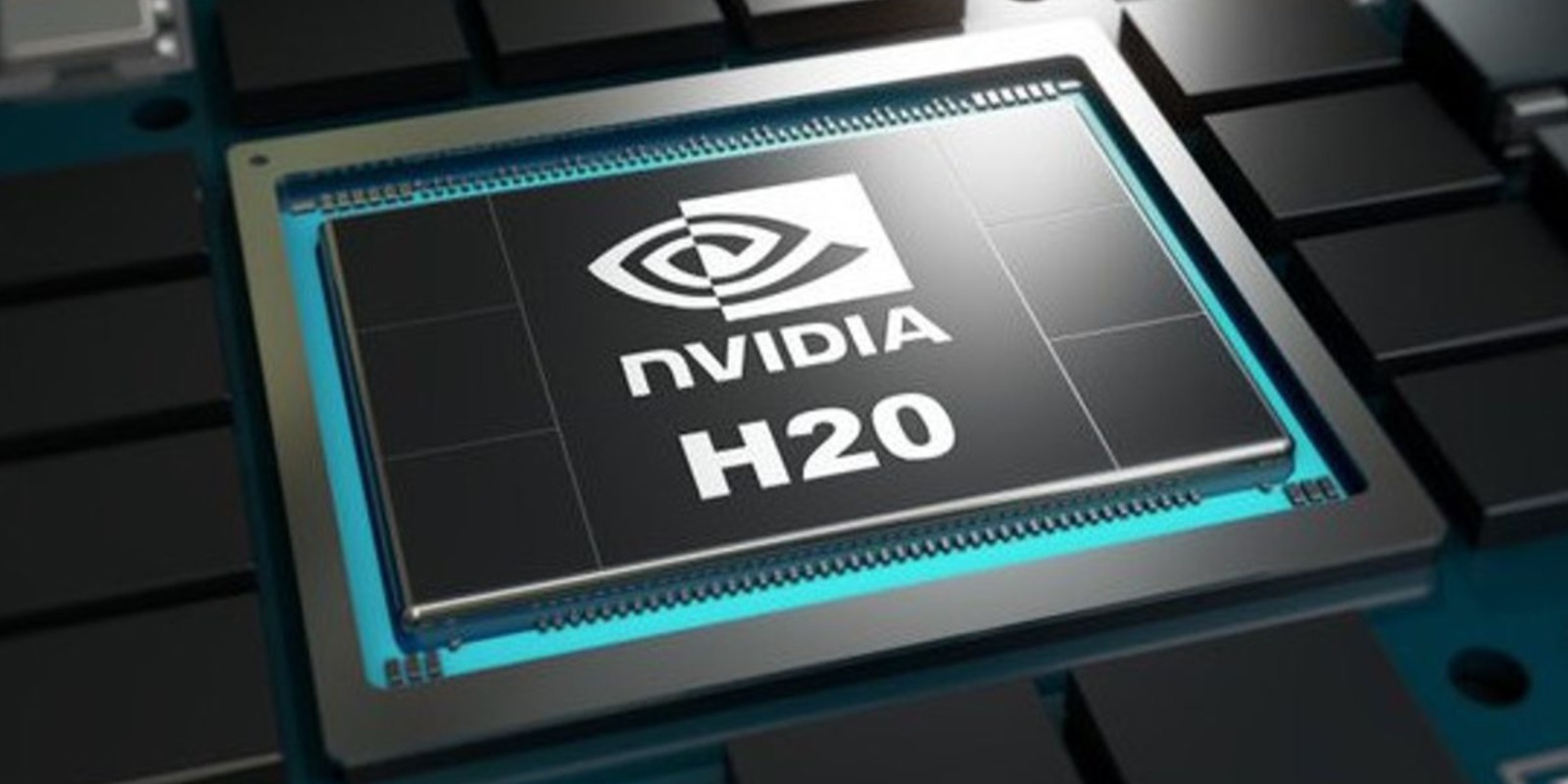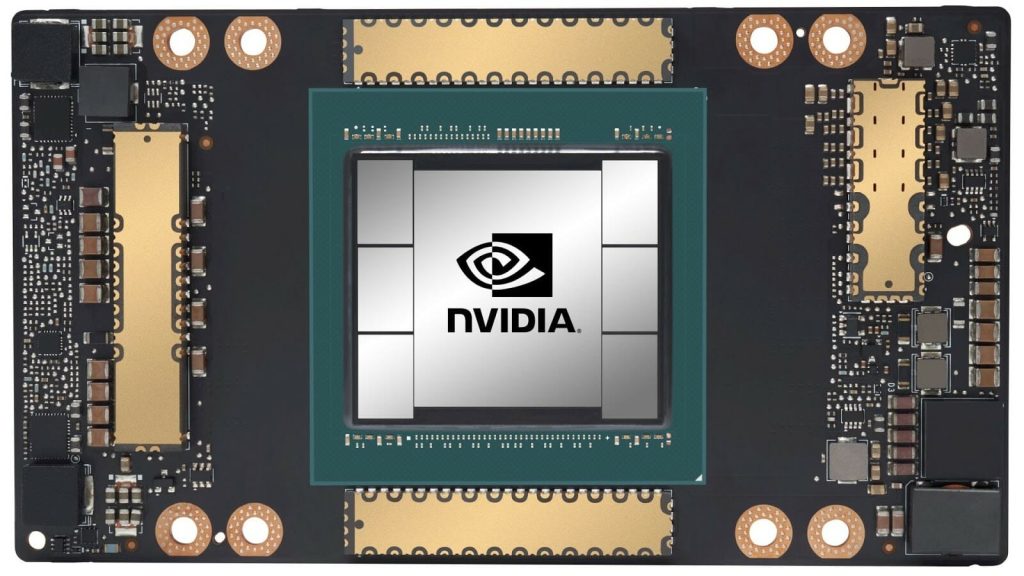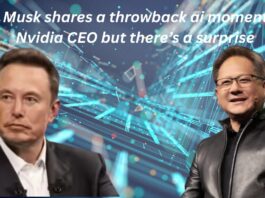
Table of Contents
Technology is changing the world, but it is also caught in the middle of global politics. One of the biggest examples is the story of http://www.jamisonroadfire.com/history/ NVIDIA, a leading chipmaker, and how it modified its H20 chip for China to circumvent US export controls.
But what does this mean? And why is it important?
This blog will explain the story in simple words:
- What are NVIDIA chips, and why are they important?
- Why did the US put export controls on advanced chips?
- How did NVIDIA modify its H20 chip for China?
- What does this mean for the future of technology and trade?
Let’s dive in.
What Are NVIDIA Chips?

NVIDIA is one of the world’s most famous technology companies. It makes computer chips, also known as Zolpidem Buy Online semiconductors, which are the brains of many modern devices. You can find NVIDIA chips in:
- Gaming computers
- Artificial intelligence (AI) systems
- Supercomputers
- Data centers
- Autonomous vehicles
One of NVIDIA’s most advanced chips is the H100, a powerful chip used for AI and supercomputing. Recently, NVIDIA created a special version of this chip called the https://reachrehab.co.uk/medical-legal/ H20, which is made specifically for China.
Buy Ultram Online Why the US Controls Chip Exports
The United States is a leader in advanced technology, especially in the field of computer chips. But it is also worried about these technologies being used in ways that could be dangerous. For this reason, the US government has placed https://pacificsundental.com/new-patient/ export controls on advanced chips, making it illegal for American companies to sell their best chips to certain countries, including China.
The US is worried that advanced chips could be used for:
- Military technology
- Advanced surveillance systems
- Cybersecurity threats
Because of these concerns, the US told companies like NVIDIA that they could not sell their most powerful chips, like the H100, to China.
How NVIDIA Modified the H20 Chip for China
NVIDIA is a business, and China is a huge market. So when the US restricted the sale of its most advanced chips, NVIDIA had to think of another way to keep selling to China.
That’s when they created the https://sandfire.com/dewars/ H20 chip, a modified version of the H100. This chip is slightly less powerful than the H100, but still strong enough to be useful for many Chinese companies. By lowering the performance slightly, NVIDIA made the H20 chip less likely to be used for military purposes. This allowed them to sell it in China without breaking US export rules.
Order Tramadol Overnight What Makes the H20 Different from the H100?
- http://www.jamisonroadfire.com/fire-fighters/ Reduced Performance: The H20 is slightly slower than the H100.
- Order Diazepam Online Lower Memory Bandwidth: The H20 cannot process data as fast.
- Limited AI Capabilities: The H20 has some features disabled.
But even with these changes, the H20 is still a very powerful chip that can be used for data centers, AI research, and other advanced tasks.
Why This Is Important for Technology and Trade

The story of the H20 chip is more than just a technical change. It is a big example of how politics and technology are connected in the modern world. Here’s why it matters:
Buy Soma 350 Mg Online 1. Global Tech Competition Is Growing
The US and China are in a technology race. Both countries want to be the leaders in AI, supercomputing, and other advanced fields. By creating the H20, NVIDIA is trying to stay in the Chinese market while still following US rules.
Ambien Buy Online 2. Companies Are Finding New Solutions
NVIDIA’s move shows how companies are becoming creative to deal with government rules. By slightly changing their products, they can still sell to big markets without breaking the law.
Buy Valium Online Without Prescription 3. Other Companies May Follow
NVIDIA is not the only company affected by US export controls. Other tech companies may now follow NVIDIA’s example and create “special versions” of their products for restricted markets.
https://www.sonorabariatrics.com/4432-2/ 4. Tech Customers Need to Be Aware
For businesses and organizations buying technology, this means they must be aware of what they are getting. A modified chip may not perform the same as the full version.
Buy Clonazepam Online Overnight A Simple Example to Understand
Imagine you own a bakery, and the government says you cannot sell your best cake recipe to a customer in another country. To keep selling to that customer, you create a slightly different cake — it tastes almost the same, but it has less cream and fewer toppings.
NVIDIA’s H20 is like that slightly different cake — not as good as the best one, but still very useful.
https://pacificsundental.com/new-patient/ What This Means for China
China is one of the world’s biggest markets for technology. Even with US export controls, Chinese companies need powerful chips for:
- Artificial intelligence research
- Data centers
- Cloud computing
- Smart city projects
By buying the H20 chip, Chinese companies can continue to build advanced technology, even if they don’t have access to the very best American chips.
But this also means China may try harder to create its own advanced chips, reducing its reliance on foreign technology.
What This Means for the United States
For the US, this story is a reminder that export controls are not always perfect. Companies can find creative ways to work around the rules without directly breaking them.
It also means that the US may tighten its rules in the future, making it even harder for American companies to sell advanced technology in certain markets.
https://beyondoursky.com/contact/ The Future of Chips and Export Controls
The NVIDIA H20 chip is just one example of a bigger trend. As technology gets faster and smarter, governments will keep trying to control where it goes and how it is used. At the same time, companies will keep finding ways to do business without breaking the rules.
For businesses, this means:
- Always checking which technology is allowed for sale in certain countries.
- Being aware that “modified” products may not be as powerful as full versions.
- Understanding that technology and politics are connected more than ever.
Conclusion
The story of NVIDIA’s H20 chip for China is a lesson in how technology, business, and politics can mix. It shows how a powerful tech company like NVIDIA can adapt to government rules while still serving its customers.
It also shows that in today’s world, technology is not just about speed or power — it’s also about where you can sell it, who can buy it, and how it can be used.
As the world of technology continues to grow, these kinds of stories will become more common. For now, NVIDIA has shown that even when the rules change, smart companies can find a way forward.


